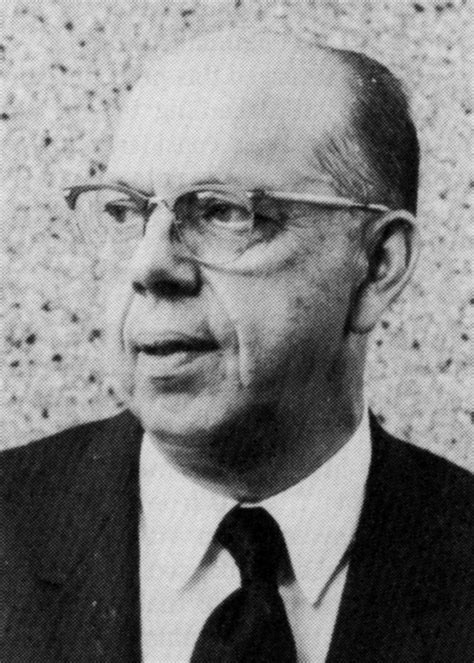A Quote by Zephyr Teachout
The science doesn't prove Common Core's effective. So I guess what I mean is science is an essential part of any decision-making process, and so is public involvement. And in the long-term, you lose legitimacy and power if you don't directly engage with the public.
Related Quotes
The whole point of science is that most of it is uncertain. That's why science is exciting--because we don't know. Science is all about things we don't understand. The public, of course, imagines science is just a set of facts. But it's not. Science is a process of exploring, which is always partial. We explore, and we find out things that we understand. We find out things we thought we understood were wrong. That's how it makes progress.
Injection of environmental and political perspectives in midstream of the science discussion cannot help the process of inquiry. I believe that persons with relevant scientific expertise should concentrate, with pride, on cool objective analysis, providing information to the public and decision-makers when it is found, but leaving the moral implications for later common consideration, or at most for summary inferential discussion.
The people have only a very vague direct power. They have the power of voting against the administration, again after its decisions have been taken; but they have no way of getting into the question of policy-making, decision-making, except insofar as the vague forces and pressures of public debate and public opinion have their impact on the President. The President still has to decide. He can't go to the people and ask them to decide for him; he has to make the decision. In that sense he was condemned to be a dictator.
Skeptics, who flatly deny the existence of any unexplained phenomenon in the name of 'rationalism,' are among the primary contributors to the rejection of science by the public. People are not stupid and they know very well when they have seen something out of the ordinary. When a so-called expert tells them the object must have been the moon or a mirage, he is really teaching the public that science is impotent or unwilling to pursue the study of the unknown.
We are living in a society that is totally dependent on science and high technology, and yet most of us are effectively alienated and excluded from its workings, from the values of science, the methods of science, and the language of science. A good place to start would be for as many of us as possible to begin to understand the decision-making and the basis for those decisions, and to act independently and not be manipulated into thinking one thing or another, but to learn how to think. That's what science does.
Textbook science is beautiful! Textbook science is comprehensible, unlike mere fascinating words that can never be truly beautiful. Elementary science textbooks describe simple theories, and simplicity is the core of scientific beauty. Fascinating words have no power, nor yet any meaning, without the math.



































